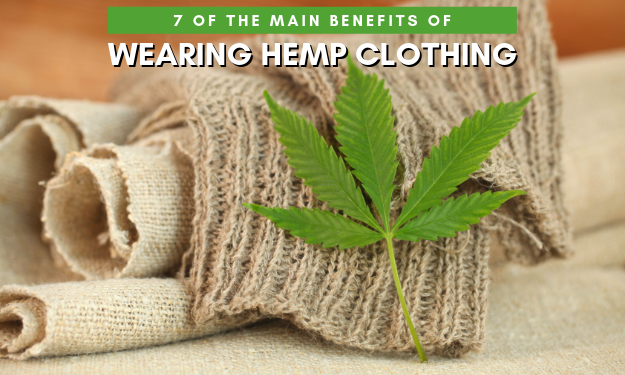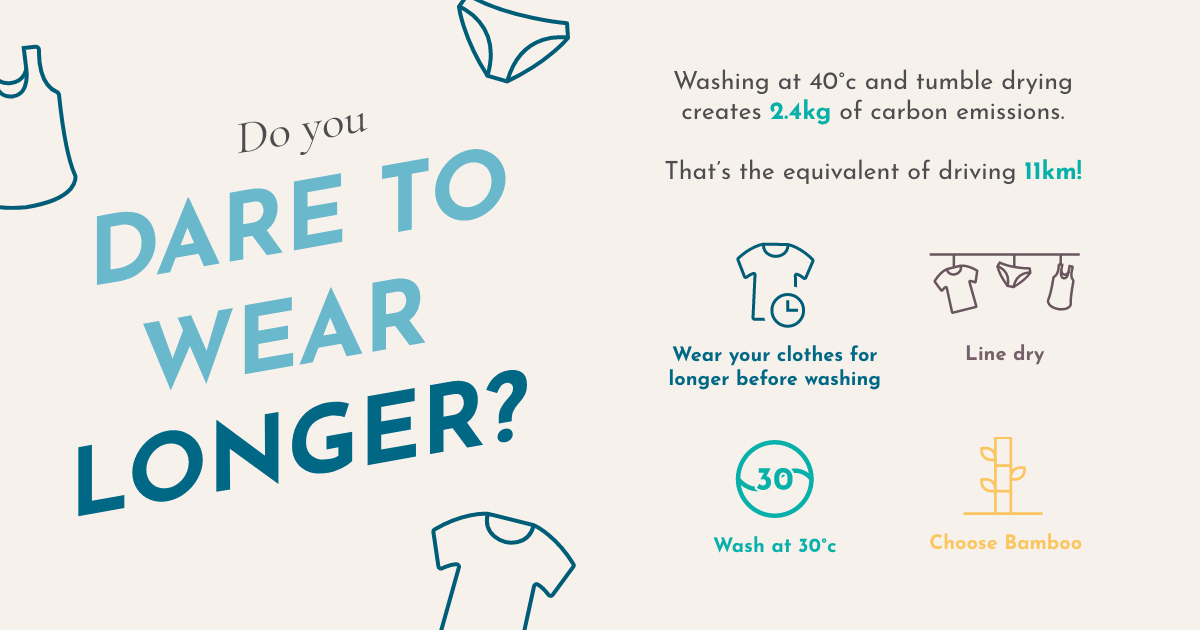Excellent Tips For Deciding On Hemp Clothes
Wiki Article
What Are The Environmental Advantages Hemp Clothing With A Low Impact?
The hemp clothing made of low-impact fiber provides numerous environmental benefits when in comparison to clothes made of other materials, notably synthetic fibers and cotton that is conventional. Here are some of the key environmental benefits of hemp clothing: Sustainable FarmingThe hemp crop is sustainable. Hemp is a highly sustainable crop. It grows quickly and requires little water, pesticides, or herbicides in comparison to other crops. Hemp thrives in different climates. It is also adaptable to different soil kinds.
Reduced water consumption- Hemp typically requires significantly less water than conventional cotton, which is famous for its high water consumption. This makes hemp a sustainable option for garment production.
Hemp can grow without pesticides and herbicides. In many instances this can reduce the impact on the environment of chemical farming.
Hemp plantation can enhance soil health by preventing soil erosion and compaction. This can also make the soil fertile for future plantings.
Biodegradability Biodegradability Hemp fibers biodegrade and decompose naturally over time. This reduces the environmental burden from textile waste. In contrast, synthetic fibers like polyester require hundreds of years to decompose.
Lower carbon footprint. The production process for hemp fibers is typically less carbon intensive than that of synthetic materials. Additionally, hemp is able to absorb carbon dioxide during its growth and act as an carbon storage.
Hemp clothing is durable and can last for many years. The best hemp clothing will last for a long time, reducing the necessity to replace them often.
Hemp plants are naturally pest resistance, which reduces the use of chemical pest control.
Hemp is a flexible fabric that can be made into clothing, bags or accessories.
Regenerative Agriculture: Certain sustainable farming techniques incorporate hemp into the regenerative system that aims to restore and improve ecosystems, as well as produce crops. This practice is beneficial for the environment.
While hemp has many environmental benefits, its sustainability is impacted by other elements including dyeing, transportation and consumer behaviour. Additionally, just like in any other industry the standards of production and methods are subject to change. To ensure you're getting the greatest environmentally friendly benefit, choose organic or sustainable hemp clothing. Read the recommended basics on hemp clothing for blog tips including hemp baja hoodie, 100 hemp shirt, hemp tees wholesale, hemp fabric clothing, hemp jeans, hemp clothing for men, hemp shorts, hemp athletic wear, nomad hemp clothing, hemp active wear and more.

How Is Hemp Clothing Functionally And Technicalily More Efficient Than Traditional Fibres?
Hemp clothing has a variety of technical and functional advantages over other fibers, while being eco-friendly. Here are some ways hemp clothing sets itself in a way as an eco-friendly high-performance, high-performance product that can help with moisture wicking and breathability.
Hemp fibers possess a great capacity for wicking and are extremely permeable, meaning that hemp clothing is comfortable under any conditions. They are able to help remove sweat, keeping wearers cool and dry in hot weather.
Temperature Regulation
Hemp clothing is extremely thermoregulating properties. It will keep you warm during cold temperatures by capturing heat close to the body. It also helps keep you cool during hot conditions by allowing heat as well as water to be able to escape. Being able to control your body temperature naturally can allow you to not have to change clothes often.
Longevity and durability-
Hemp fibers are known for their strength. Hemp clothing tends to be stronger, resistant to wear, and more durable than other fibers. The durability of hemp clothing means that it can last for longer, reducing the need to replace them and, therefore, the environmental impact.
UV Protection
Hemp fibers shield the skin from UV radiation by providing the skin with UV protection. This benefit is especially useful when you are doing outdoor sports or activities.
Biodegradability:
Hemp clothes are biodegradable. This means it is able to be degraded in a natural manner over time. This helps to reduce the impact on the environment of textile garbage. Synthetic fibers can remain in landfills for long durations.
Low Environmental Impact
Hemp production generally uses lesser synthetic herbicides or pesticides in comparison to cotton. Hemp also consumes less water which makes it a green alternative. Hemp farming organically improves the environmental benefits.
Carbon Sequestration
Hemp plants can absorb carbon dioxide from the atmosphere in the course of their growth. Hemp cultivation acts as a carbon dioxide sink, reducing greenhouse gas levels.
The Sustainable Future and Crop Rotation
Hemp can be included in the rotation of crops, enhancing overall soil health and reducing the risk of soil depletion and the buildup of disease. This environmentally friendly farming method is made possible by the sustainable farming practices.
Versatility:
Combining hemp fibers with other natural materials like organic cotton or recycled polyester is a way to make eco-friendly and high-performance fabric blends. This versatility allows for the creation of novel and sustainable textile products.
Low Toxicity-
Hemp fibers have a low toxicity level and don't require extensive chemical processing to manufacture. This reduces the effect of textile production on the environmental.
It's crucial to keep in mind that even though hemp offers a myriad of environmental and practical benefits, the overall sustainability of clothing is contingent on the dyeing process transport, ethical labor practices. If you're interested in making an an environmentally-friendly choice, look for clothing companies which are committed to transparency and sustainability by using hemp fibers and other eco-friendly materials in their designs. View the best hemp clothes recommendations for more tips including hemp yoga pants, 100 hemp shirt, hemp denim, organic hemp underwear, womens hemp clothing, hemp fleece fabric, patagonia hemp shorts, dash hemp clothing, hemp long sleeve shirt, dash hemp clothing and more.

Bamboo Clothing Is Sustainable And Incredibly Comfortable.
Bamboo clothing offers many benefits for both comfort and environment.
Bamboo fabric is renowned for its softness. It's smooth and silky to the touch, which makes it comfortable on the skin. Bamboo clothing is extremely soft and is popular for loungewear, activewear, intimate clothing, and different kinds of clothes.
Bamboo fibers breathe easily and absorb moisture. The air can circulate through the tiny gaps, keeping you cool in the hottest temperatures. The properties that wick moisture away from the fabric aid in removing sweat from the skin. This helps reduce the feeling that garment is damp.
Bamboo clothing has great properties to regulate temperature. Bamboo clothing helps keep you warm in cooler temperatures, by trapping warm air close to your body. It also helps to keep cool in summer heat because it lets excess heat and moisture escape. The ability to adapt to temperature fluctuations can make bamboo clothing suitable for wearing all year.
Hypoallergenic - Bamboo fabric is natural hypoallergenic. It's also soft for skin that is sensitive. It's less likely to cause skin irritations or allergic reactions.
Bamboo fibers have natural antimicrobial agents that help prevent the spread and growth of bacteria which causes odor. Bamboo clothing is fresh, even while being physically active.
Environment-
Bamboo is a resource that is highly renewable and environmentally sustainable. It is among the fastest-growing plants and only requires a small amount of water. No pesticides, herbicides, or any other chemical are needed to cultivate it. Bamboo is harvested and not killed it, because its roots regenerate.
Bamboo is naturally water-efficient. It thrives with only minimal irrigation and can be planted using rainwater only and reduces the environmental impacts that comes with the use of water in agriculture.
Biodegradability. Bamboo clothes will naturally decay in time when disposed. This property decreases the accumulation in landfills of nonbiodegradable materials.
Carbon Sequestration. Bamboo is a great plant to store CO2 during its rapid growth. This means that bamboo cultivation could act as a carbon sink, assisting to combat climate change through reducing greenhouse gas levels.
Chemical Reduction. The production of bamboo fabric typically involves less chemical treatment and processing than other fabrics. This means that the industry of textiles has a lower environmental impact.
Closed-Loop Manufacturing- Certain manufacturing methods for bamboo fabrics use closed-loop manufacturing, which recycles and reuses water as well as chemicals to reduce waste and pollution.
You should be aware that the environmental impact on bamboo clothing can differ according to whether it's made from sustainable and ethically managed bamboo forest. To get the most sustainable results for the environment, shoppers should choose bamboo clothes made using eco-friendly and ethical methods. See the recommended read more here on bamboo clothing for more info including ladies bamboo tops, onno bamboo shirts, bamboo jeans ross, bamboo trousers women, preemie bamboo pajamas, bamboo material clothing, bamboo bed clothes, bamboo clothing wholesale, bamboo tee shirts wholesale, bamboo pants and more.
